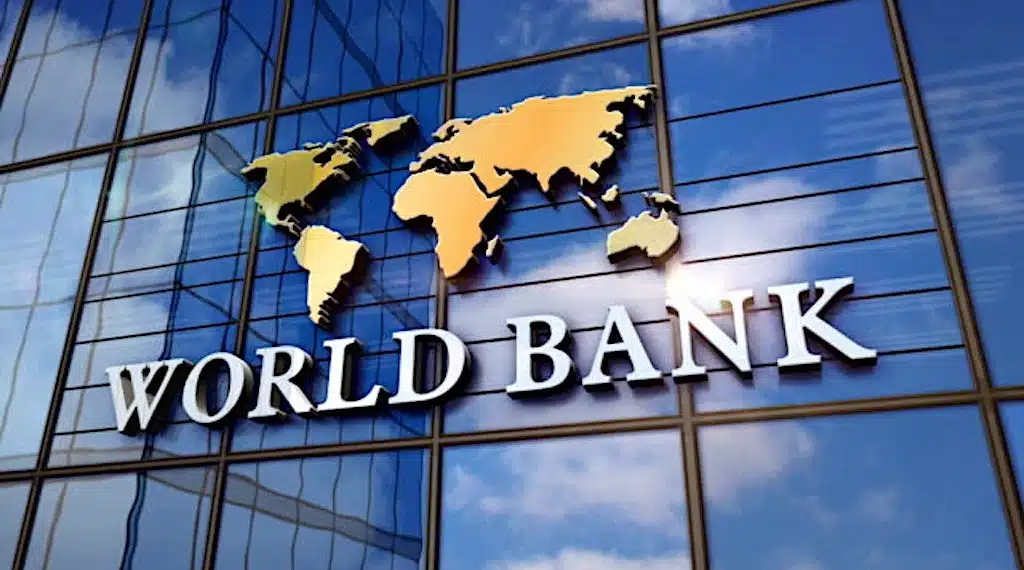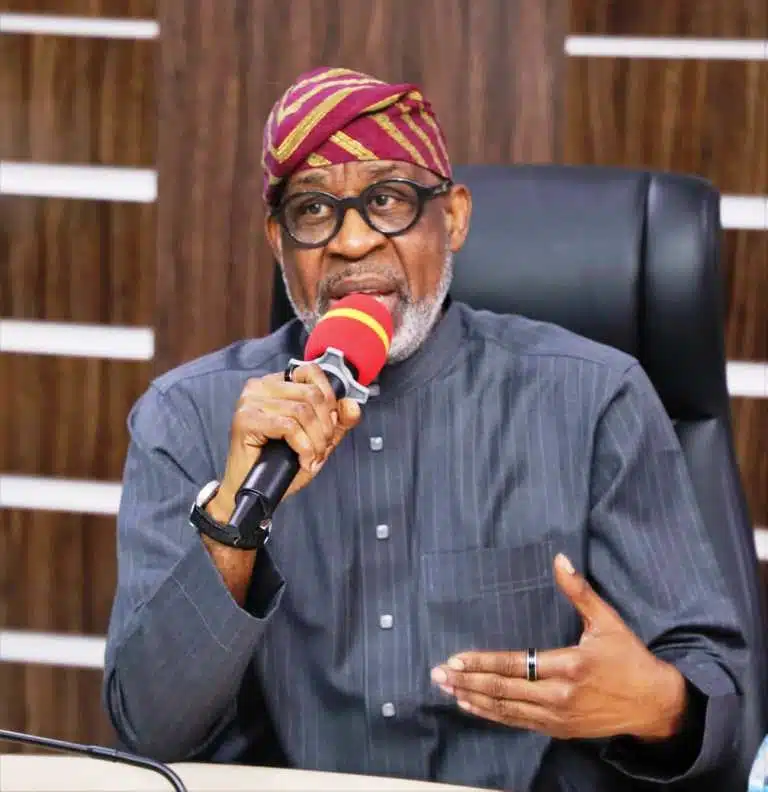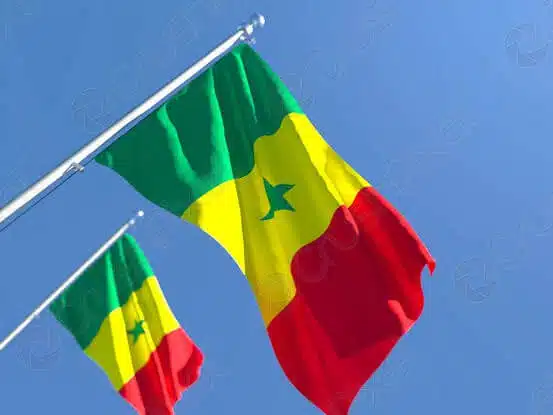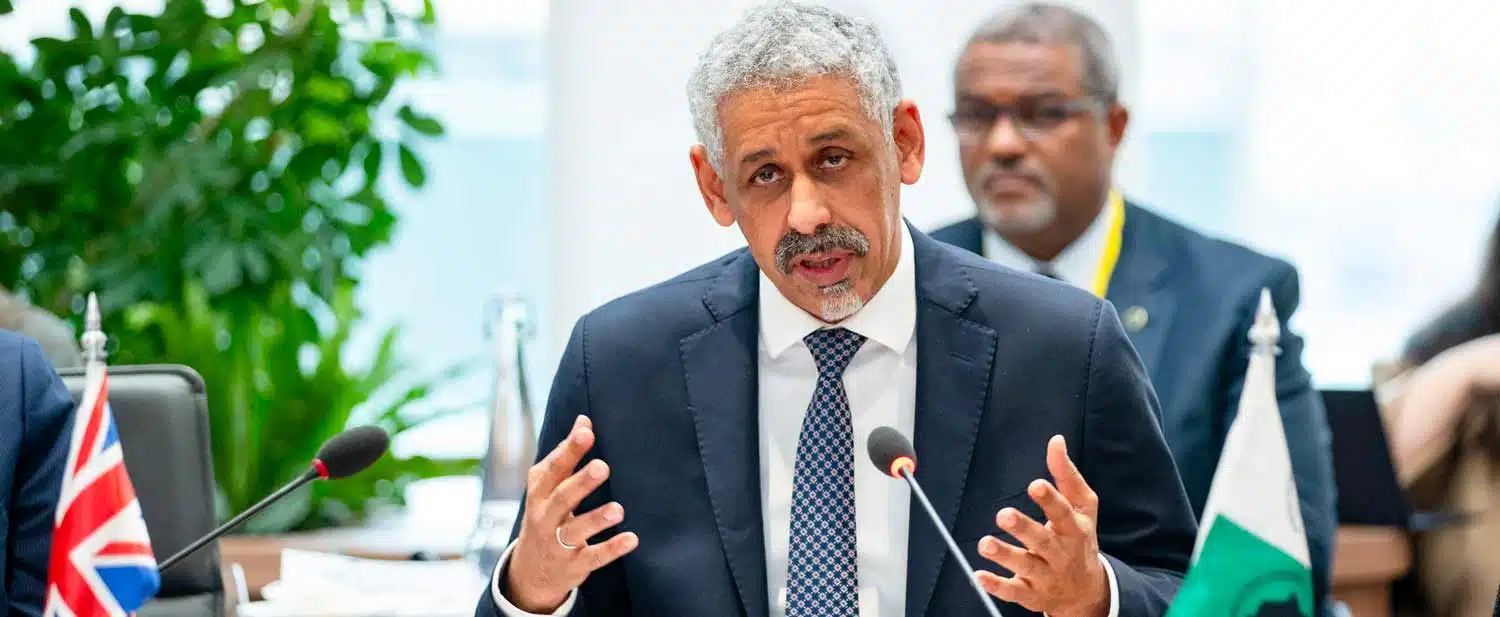Ethiopia, the second most populous country in Africa, has signed a $1 billion financing agreement with the World Bank to support its economic reform agenda, a major milestone in the country’s efforts to stabilize its economy, enhance fiscal discipline, and drive long-term growth.
The deal, announced Friday by Finance Minister Ahmed Shide, includes a $650 million grant and a $350 million concessional loan. The funds will be directed toward strengthening Ethiopia’s financial sector, improving trade competitiveness, and boosting domestic revenue mobilization.
In addition, the World Bank signaled that Ethiopia could receive up to $5 billion in additional support over the next three fiscal years, subject to board approval and resource availability — a strong show of confidence in the government’s reform trajectory.
The latest support package follows the International Monetary Fund’s (IMF) approval of a review of Ethiopia’s $3.4 billion loan program in June, unlocking a $262.3 million disbursement.
“These are integral pillars of Ethiopia’s macroeconomic and structural transformation,” said Shide. “This financing demonstrates the World Bank’s ongoing commitment to Ethiopia’s bold reform path.”
Currency liberalisation and exchange rate reform
One of the most significant reforms came in July 2024, when Ethiopia shifted to a liberalized exchange rate regime, scrapping long-standing currency controls to allow market forces to determine the birr’s value. The move was designed to attract remittances, boost export competitiveness, and ease foreign currency shortages — but triggered a steep devaluation.
The birr fell by over 60% in 2024, aligning more closely with parallel market rates. As of July 7, 2025, the birr trades at 136 ETB/USD (approx. 0.0073 USD/ETB). According to projections by Frontierview, the currency could gradually strengthen to 115 ETB/USD by year-end, contingent on Ethiopia securing up to $10 billion in external financing from institutions like the World Bank and IMF.
To date, Addis Ababa has secured over $4.7 billion, including the new World Bank funding and tranches from the IMF program — though a significant external financing gap remains.
Reform momentum builds, but risks remain
Ethiopia’s $1 billion World Bank deal is the latest vote of confidence from global financial institutions in its reform-focused recovery. From currency liberalization and inflation control to fiscal modernization and market opening, the country has made bold steps toward macroeconomic stability.
However, major challenges remain. These include scaling institutional capacity, ensuring transparency and accountability in reform implementation, navigating political and regional tensions, and delivering tangible improvements in livelihoods and investor returns.
As Ethiopia works to rebuild its economy, the pace and credibility of reform execution will be critical — both for unlocking further international support and for ensuring the country’s 126 million citizens benefit from the transformation underway.











